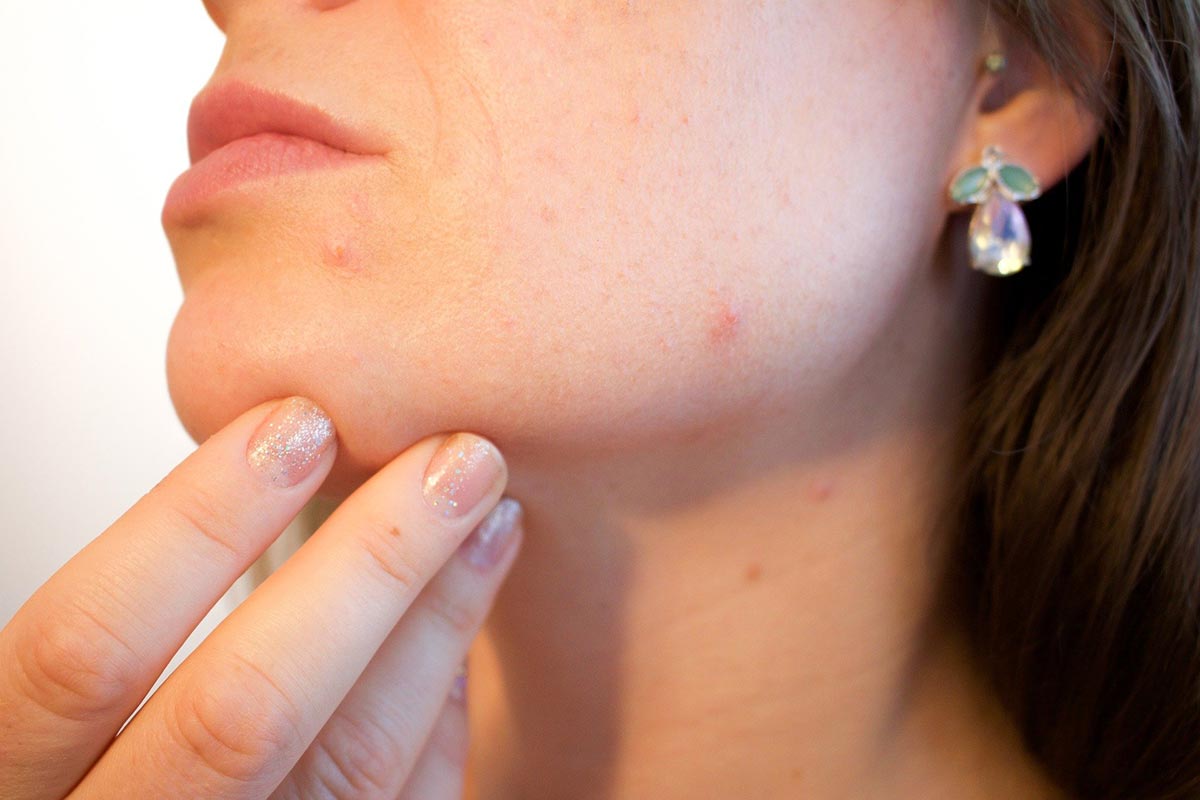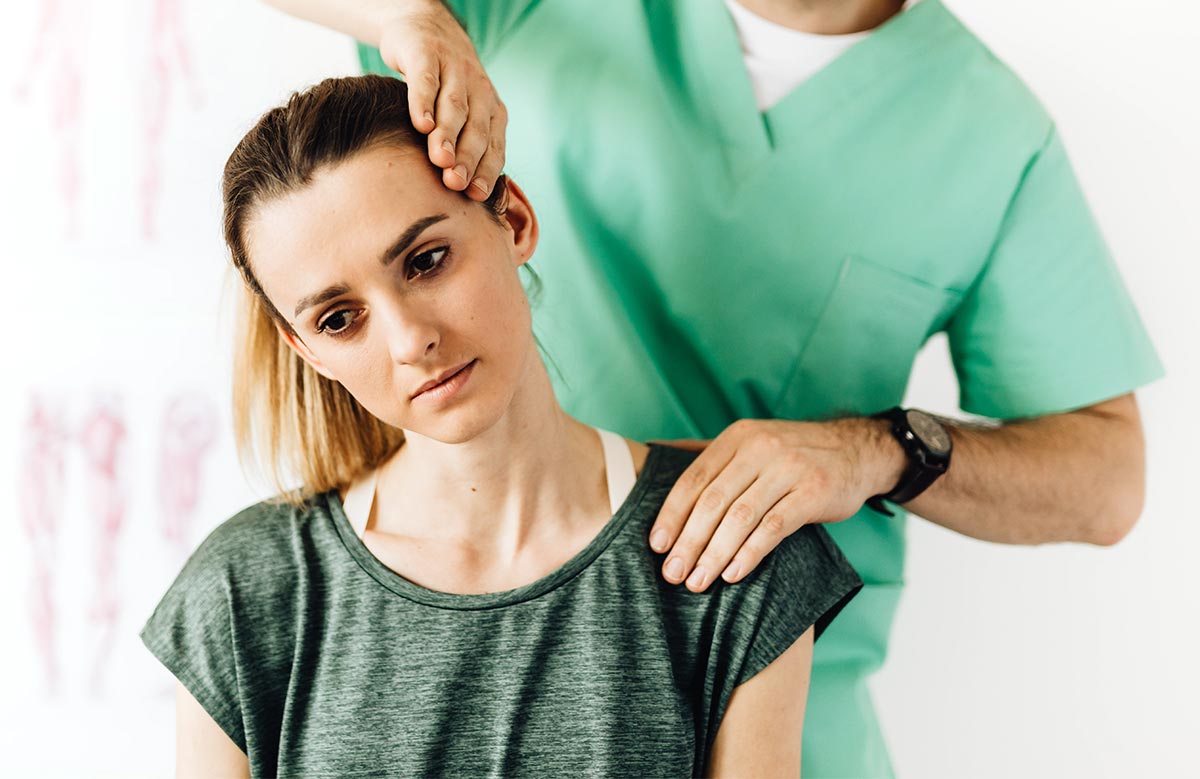The Acne Enigma: Understanding the Causes
Acne, a common dermatological concern affecting millions worldwide, particularly young adults, presents a complex puzzle for researchers and medical professionals. While a definitive single cause remains elusive, several contributing factors are widely recognized. These include overactive sebaceous glands, hormonal imbalances, bacterial involvement, and the excessive proliferation of follicular cells. These factors often interact in complex ways, making acne management a multifaceted challenge. Understanding these underlying mechanisms is crucial for developing effective strategies to combat this persistent skin condition. Acne can significantly impact self-esteem and quality of life, making research into effective treatments all the more important. This research also helps to destigmatize acne and promote understanding.
Diet and Skin Health: A Powerful Connection
Epidemiological studies conducted in 2007 and 2008 have illuminated the profound connection between diet and skin health, demonstrating that what we consume plays a vital role in the condition of our skin. These studies specifically highlighted the potential benefits of a low glycemic load diet in improving acne symptoms. This research suggests that dietary interventions can be a valuable tool in managing acne. The glycemic index measures how quickly foods raise blood sugar levels, and a low glycemic load diet emphasizes foods that cause a slower, more gradual rise. This approach can help regulate hormone levels and reduce inflammation, both of which are implicated in acne development. This connection between diet and skin health has led to the widespread use of various skin, hair, and nail vitamins and minerals to combat premature aging, skin dryness, and sun damage. Among these nutrients, key minerals like zinc and copper, along with antioxidant vitamins A, C, and especially E, have garnered significant attention for their potential skin-supporting properties.
Vitamin E: A Potential Ally in Acne Management
Vitamin E, a lipophilic vitamin, shares solubility in lipids with other fat-soluble vitamins like A and D. This characteristic allows these nutrients and their metabolites to influence skin hydration, metabolism, and hyperproliferation. Vitamin E's journey to the skin is facilitated by the sebaceous glands, where it may play a crucial role in preventing lipid peroxidation of sebum. Lipid peroxidation, a process involving the degradation of lipids by free radicals, is believed to exacerbate the inflammatory state associated with acne. While ongoing research continues to explore this connection, emerging evidence suggests that Vitamin E may indeed contribute to reducing inflammation in acute acne conditions. This anti-inflammatory potential is a key area of investigation in the search for effective acne treatments. This research helps to understand the complex pathways involved in acne development and how specific nutrients might intervene.
The Link Between Vitamin E and Acne: Emerging Evidence
Although research is still ongoing and definitive conclusions require further investigation, a potential link appears to exist between Vitamin E deficiency and the onset of acne. A study published in the Journal of Clinical and Experimental Dermatology in May 2006 provided compelling evidence, demonstrating that low plasma levels of Vitamins E and A may contribute to the cause and development of acne. The study revealed that administering an oral form of Vitamins E and A to test participants resulted in noticeable improvements in their acne conditions. This suggests that ensuring adequate intake of these vitamins could be a beneficial strategy in acne management. Additional research supports the idea that nutritional interventions, specifically incorporating vitamins and minerals known to promote skin health, may offer a way to alleviate acne to some extent. This research helps to understand the complex pathways involved in acne development and how specific nutrients might intervene.
Dietary Supplements: Bridging the Nutritional Gap
While maintaining a healthy diet rich in fruits and vegetables is widely recognized as essential for skin health, achieving this ideal can be challenging in practice. Surveys conducted by the Centers for Disease Control and Prevention (CDC) reveal that a significant portion of the population falls short of their recommended daily intake of fruits and vegetables. This nutritional gap can have implications for overall health, including skin health. A multivitamin supplement specifically formulated with hair, skin, and nail vitamins can serve as a valuable tool to bridge this nutritional deficiency. These targeted supplements often contain a blend of essential nutrients, including Vitamins A, B, C, and E, along with minerals like zinc and copper, all of which play important roles in maintaining healthy skin. This approach can be particularly beneficial for individuals who struggle to consistently meet their nutritional needs through diet alone.
A Holistic Approach to Skin Health
Achieving clear, healthy skin requires a multifaceted approach that considers various factors, including diet, lifestyle, and targeted supplementation. While Vitamin E shows promise as a potential aid in acne management, it is crucial to remember that it is just one piece of the puzzle. A balanced diet rich in fruits, vegetables, and whole grains, along with regular exercise and stress management, forms the foundation of healthy skin. Supplementation with vitamins and minerals can provide additional support, particularly for those who have difficulty meeting their nutritional needs through diet alone. Consulting with a dermatologist or healthcare professional can provide personalized guidance and ensure that any supplementation strategy is appropriate for your individual needs and health status. This holistic approach empowers individuals to take control of their skin health and achieve long-term results.
Footnotes: 1. Overview of acne and its treatment. Cutis. 2008;81:3–7. 2. Acne and sebaceous gland function. Clin Dermatol. 2004;22:360–366. 3. A low-glycemic-load diet improves symptoms in acne vulgaris patients: a randomized controlled trial. Am J Clin Nutr. 2007;86:107–115. 4. The effect of a low glycemic load diet on acne vulgaris and the fatty acid composition of skin surface triglycerides. J Dermatol Sci. 2008;50:41–52. 5. Sebaceous gland secretion is a major physiologic route of vitamin E delivery to skin. J Invest Dermatol. 1999;113:1006–1010. 6. Oral supplementation with all-Rac- and RRR-alpha-tocopherol increases vitamin E levels in human sebum after a latency period of 14–21 days. Ann N Y Acad Sci. 2004;1031:184–194. 7. Does the plasma level of vitamins A and E affect acne condition? Clin Exp Dermatol. 2006 May;31(3):430-4. 8. The relationship of diet and acne: A review, Dermatoendocrinol. 2009 Sep–Oct; 1(5): 262–267. 9. U.S. Department of Health and Human Services. Healthy People 2010. 2nd ed. Washington, DC: U.S. Government Printing Office, November 2000.













